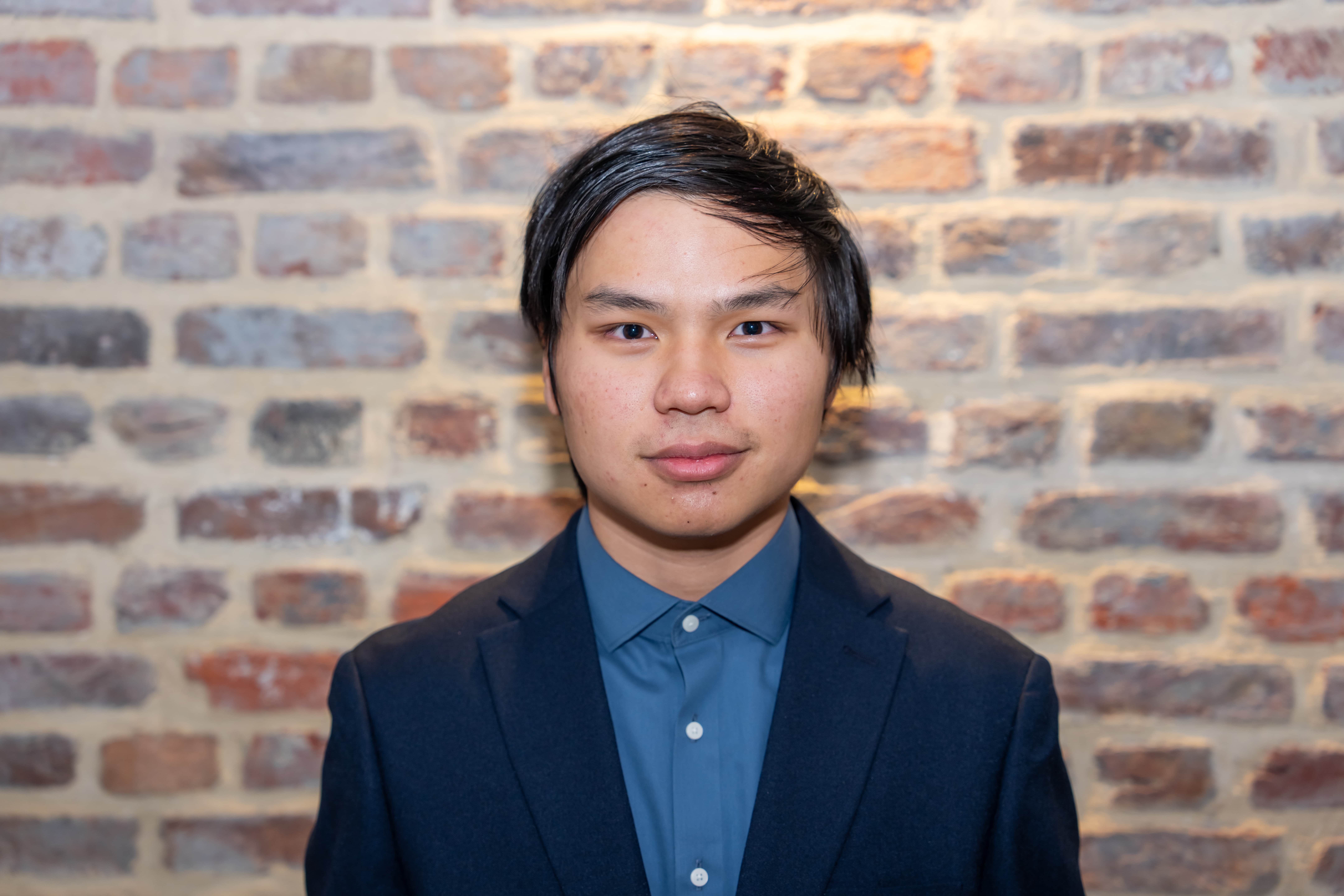Natural Sciences at St. John's College, University of Cambridge

Growing up in Hong Kong, Clement first found joy in problem-solving through math competitions. By secondary school, science had captured his attention, especially molecular chemistry and biology. Competition training and participation took him from curiosity to commitment, with the International Biology Olympiad opening up new approaches to learning and a world of international friendships. At Cambridge, he’s particularly engaged by the way they teach physiology.
We caught up in the spring (interview edited for length and clarity):